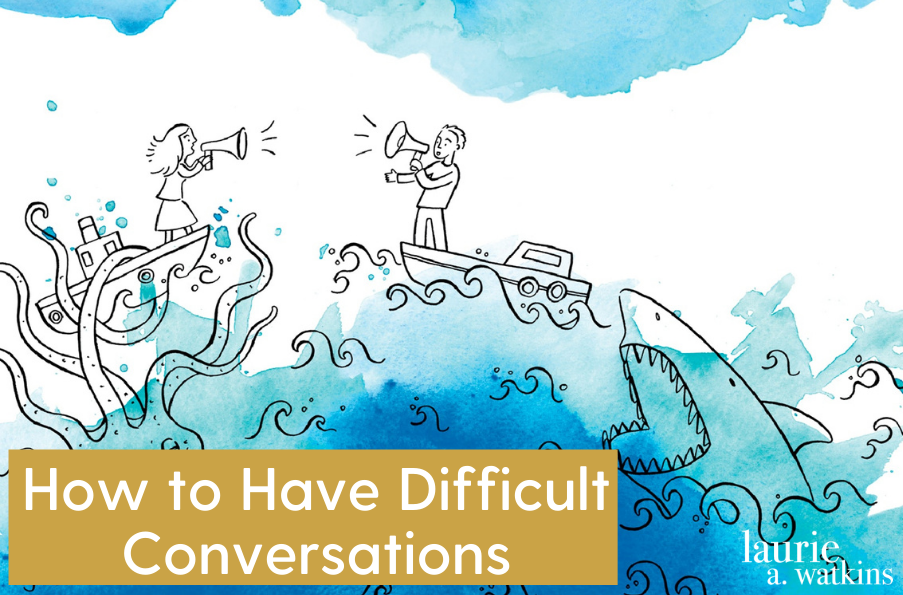Imagine sitting around a dinner table with your extended family. Likely, most of them look like you and are people you know very well. However, you have spent time over the last several months educating yourself on racism in our society. Perhaps a comment is made about someone nearby, or a joke is made about a public figure. You cringe and can’t listen to it much longer. But how do you say something?
Remaining silent and complicit is no longer an acceptable response to these issues. People need to be called out. They likely have either never been made aware of their racism, or simply haven’t altered their thinking yet.
There is nothing easy about having these conversations about racism or differing political views. It is important to be honest, especially with friends and family, about how their racism or extreme views make you feel. Being honest with your friends and family members is one of the only ways to see a significant change; however, you also need to be honest with yourself. Be sure you are sparking the conversation for a good reason, ensure you are not guilty of the same behavior you are trying to correct, and be confident.
Another important aspect of this is to have these conversations in real time. This is rarely easy. Normally, you’ll be in the shower or trying to sleep and think of the perfect thing you should have said hours or days before. Catching the issue as it happens makes a big difference. It is easier to address behavior happening now as opposed to in the past. It is easy for people to deny things they’ve said or claim to have forgotten or use the old tired line, “you must have misunderstood me.”
In addition to speaking on your feelings, it is a good idea to bring some facts, figures, and statistics into the conversation. In a rational world, people would encounter evidence that counters their feelings, evaluate it, and adjust their thinking. Unfortunately, we do not live in a rational world. People will reject evidence and find ways to have it just further support their own biases. Others will share “facts” or “statistics” without checking the sources or accuracy.
This is 2020. We are living through one of the largest racial injustice movements in history. We are entering likely the most important election season of our lifetimes. Having a clear motive for bringing up an issue is important (“I feel very upset that every time I see you, you say something racist,” “It bothers me that you post so much anti-democrat rhetoric on Facebook knowing I support that party.”)
Not every conversation is going to result in the changes you are hoping for. Lack of actionable change and/or disregard for your feelings are two less than desirable reactions to these conversations you should prepare yourself for. If changes aren’t going to be made, you should attempt to set boundaries with these friends or family members (boundaries can be a whole blog post of their own!). It is important to remind those we love about our boundaries every time it is violated.
The bottom line is that you cannot change the minds of people who have no desire to change or learn.
But, what you CAN do is vote on November 3, 2020 (or early or by mail) and help elect people into office that will continue to help move our society forward. (wink wink)
DO IT!






